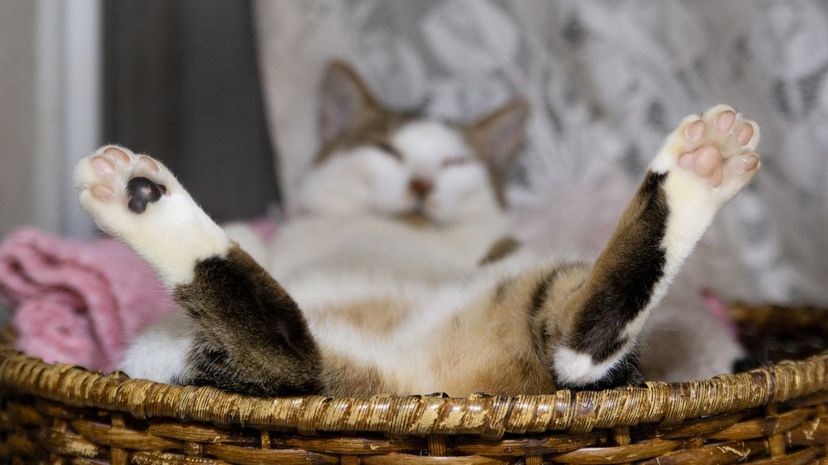
About This Quiz
The animal kingdom is vast, and each animal in it is unique in its own right, which is one of the reasons this kingdom is so fascinating to animal lovers. For many animals, one of the unique aspects they carry around is their paws. Not every animal has paws, after all, and for the animals that do, they have paws that are distinct to themselves. How well do you know the paws of the animal kingdom? Take this quiz to find out.
Of course, before you start claiming you are an animal expert and take this quiz to prove it, you should probably make sure you know which groups of animals even have paws. There are many characteristics of a paw, though these characteristics vary from animal to animal. Typically, a paw is determined to have pads for cushioning and claws that are used for a variety of purposes. That means paws belong to a wide variety of animals.Â
Do you know which animals have these characteristics? Even if you know which animals have paws, will you be able to determine one paw from another? That's exactly the challenge you're facing here, so you'd better prepare yourself adequately.
When you are ready, though, get started and see if you can paw your way to a high score on this quiz.

Tigers are easily identifiable by the stripes that run across their fur. To add to their uniqueness, these large cats, weighing as much as 600 pounds, also have stripes that run across their skin.

German shepherds were first bred in Germany by Max von Stephanitz at the end of the 19th century. He started the breed after realizing that shepherding dogs in Germany needed a standard to look to.
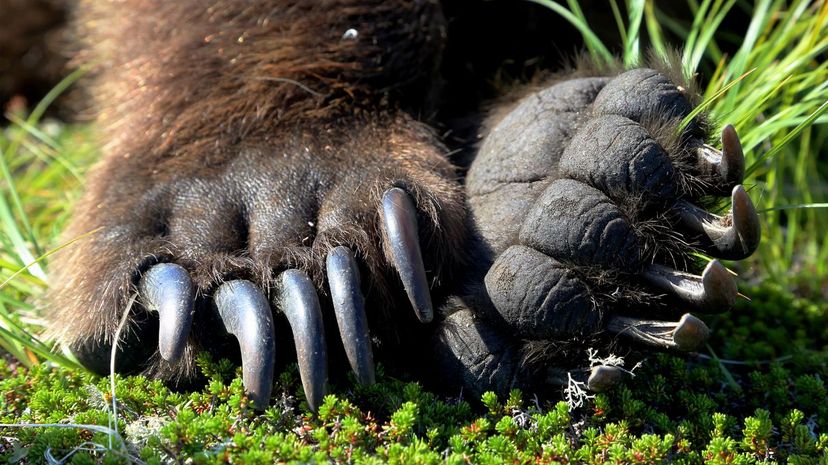
Most people picture brown bears traveling around eating any flesh of meat they can get their hands on. However, these animals are actually omnivores, which means they also eat foods like nuts and berries.
Advertisement

Raccoons are quite fond of trees, but that doesn't mean these mammals are limited to forrest in rural areas. One of the most adaptable creatures in North America, raccoons can also be found in urban centers with a variety of climates.

There was a time when poodles weren't viewed as a dog of luxury but were instead used for hunting. To better help them accomplish this task, hunters would shave poodles to make swimming easier for them.
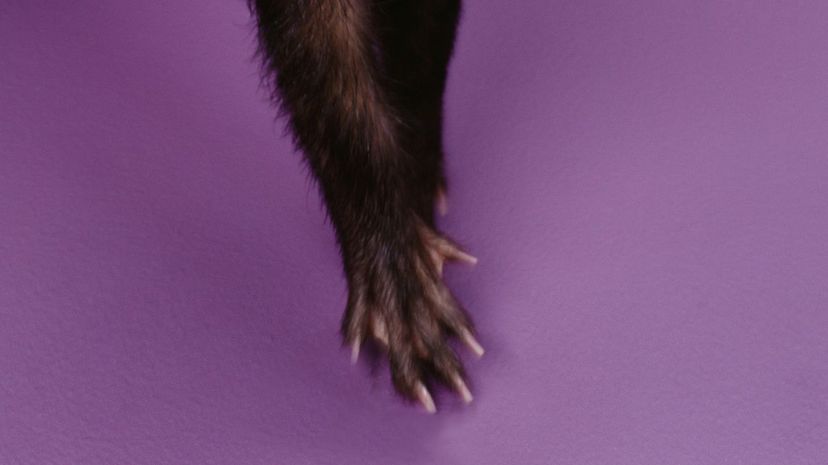
Ferrets come in a variety of colors from white to silver to cinnamon. For the vast majority of ferrets that are domesticated, they cannot survive for more than a few days in the wild.
Advertisement
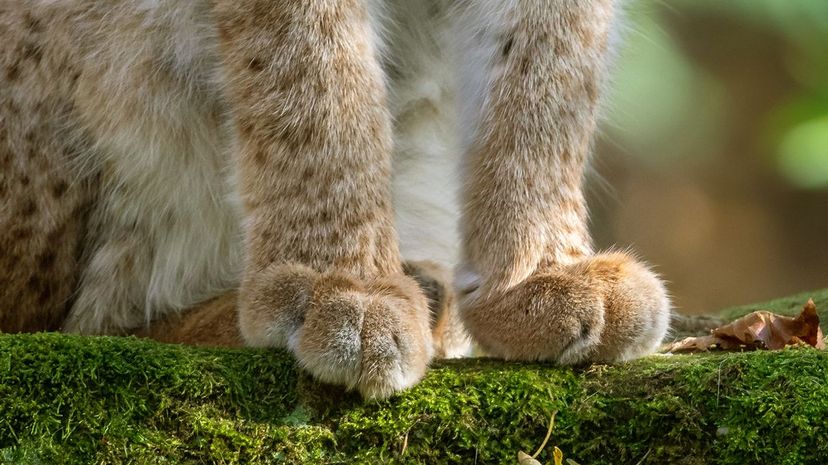
With the ability to take down prey much bigger than them, the bobcat can launch a leaping attack from 10 feet away. Prey has to always be on alert because bobcats are very elusive and use stealth to hunt.
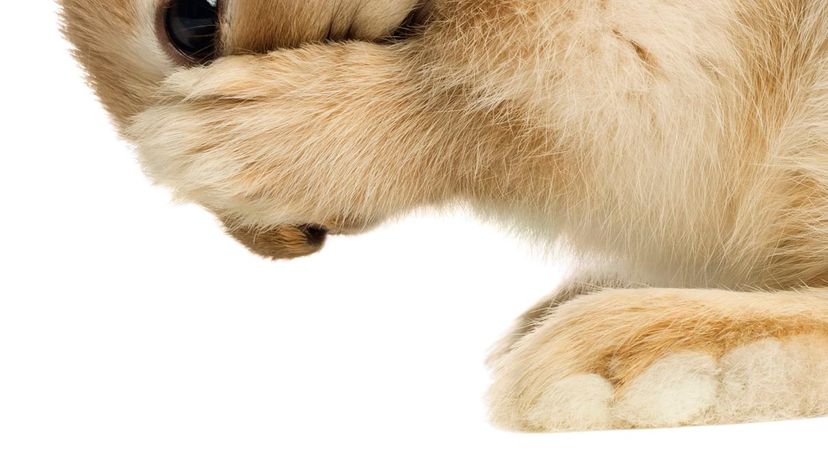
Known for reproducing quickly, rabbits live in large groups. These groups are made up of males called bucks, females called does and baby rabbits referred to as kits. Many of these groups live in underground burrows.

Bulldogs had a violent beginning where they were bred in the United Kingdom to fight bulls. Recognized as a sport, this use for the bulldog was ended in 1835 after taking place for over six centuries.
Advertisement
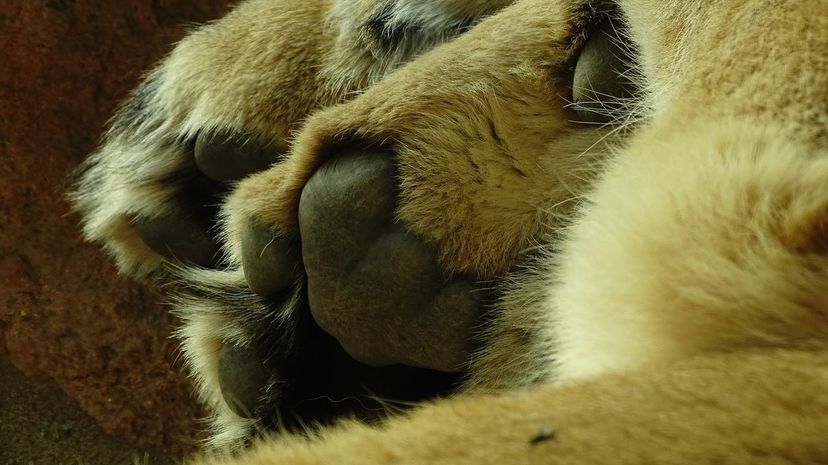
Lions are unique from many other large cat breeds in that they live in large groups known as prides. Prides typically consist of about 30 lions with around three males who compete for dominance over the group.
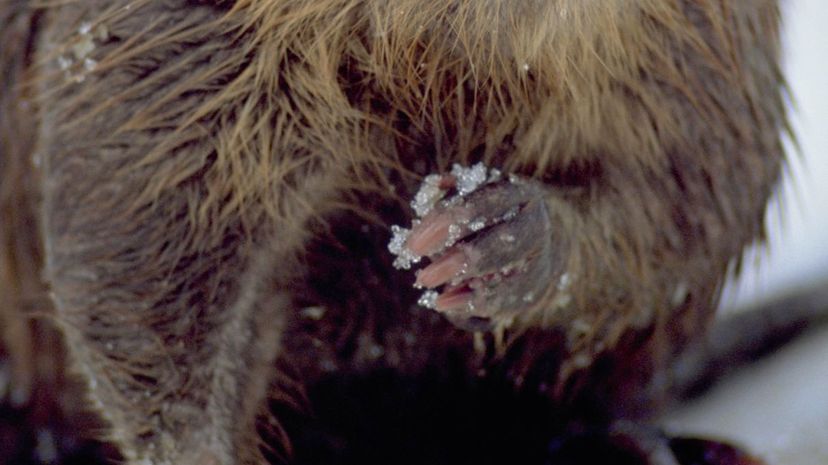
Beavers outrank most animals when it comes to changing their environment. By using their strong jaws, beavers gnaw through trees then use the wood to build dams where they will take up residence.

The red fox has ears that stand upright and not just for appearance. These ears are extremely powerful, giving the fox a keen sense of sound that allows them to hear both prey and predators from hundreds of yards away.
Advertisement

Found throughout the mountains of central China, giant pandas live among the bamboo forest of the country. These animals eat bamboo throughout most of the day, with 99 percent of their diet coming from this plant.
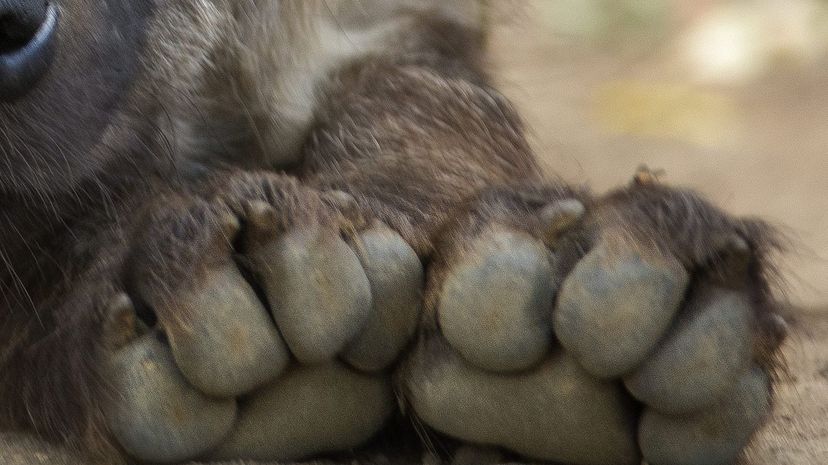
There are three species of hyena found in the world: the spotted hyena, brown hyena and striped hyena. Of these species, the most common as well as the largest of them is the spotted hyena.

Boxers were first bred in Germany from an extinct group of dogs called bullenbeissers, which were used to hunt boars and bears. Eventually, smaller versions of these canines were bred as cattle dogs and eventually became the modern boxer.
Advertisement
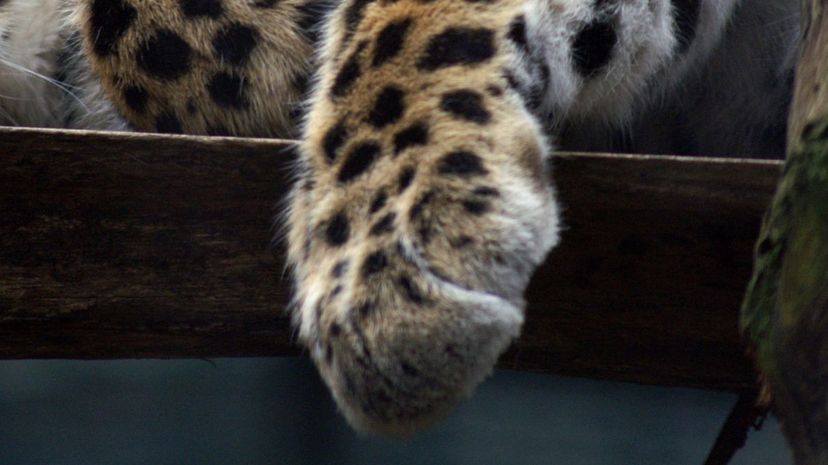
Typically, leopards are a light color with dark spots covering their fur, but occasionally, leopards have a much darker color, appearing to be completely black. These leopards still have spots, but they're hard to see because of their dark fur.
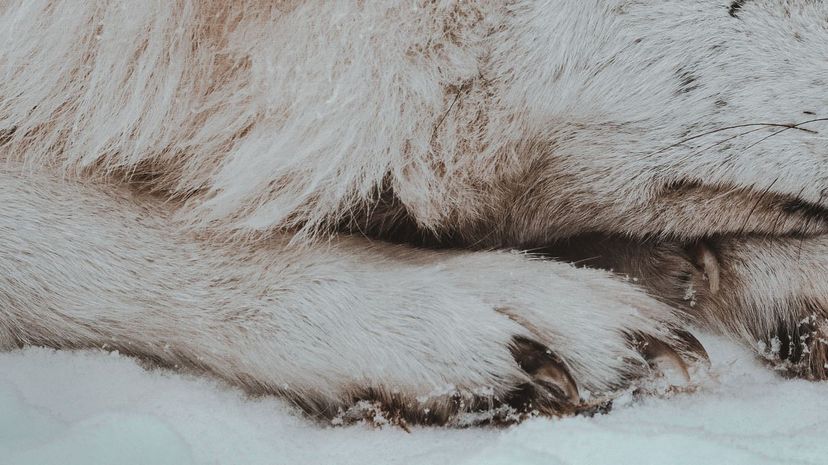
Wolves are capable of releasing a piercing howl that will send shivers down your spine. These howls are one of the many ways these animals use to communicate with one another, as they prefer to live in packs.
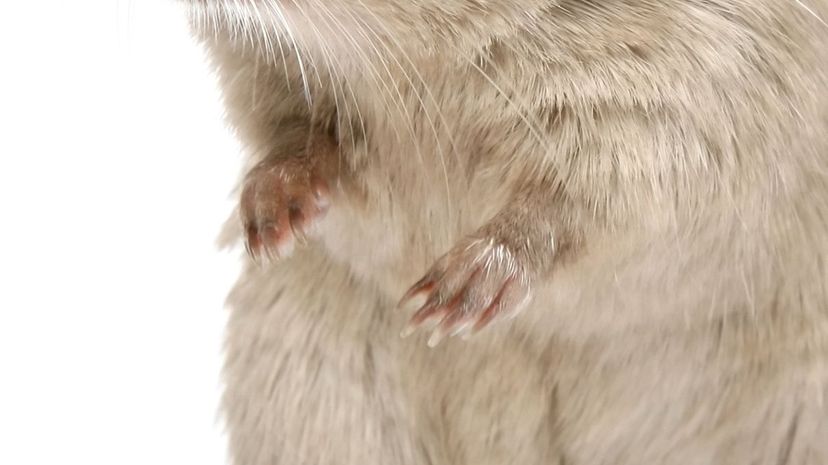
Though controversial, mice are commonly used in research experiments. The reason they are used is because their biological makeup closely resembles that of a human, meaning most conditions that affect humans can be replicated in mice.
Advertisement
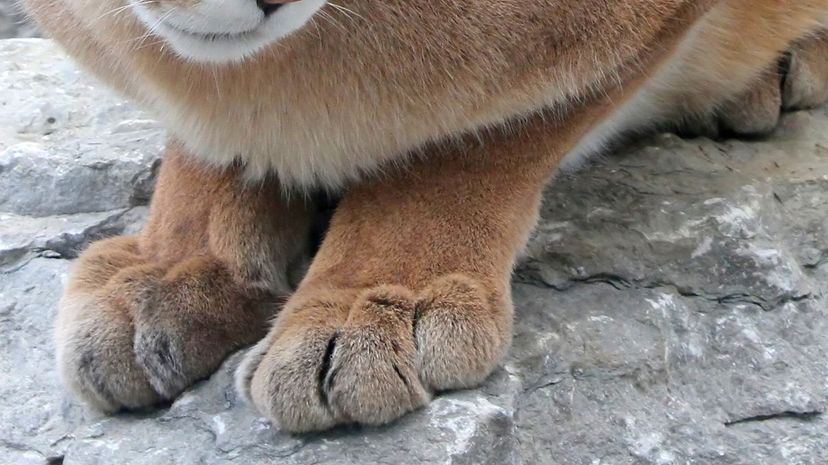
Cougars have a vast range they inhabit that stretches all the way from Canada to the tip of South America. These large cats enjoy a range of habitats from forest to mountains and even deserts.

Basset hounds have an extremely powerful nose, which makes them one of the best trackers in the canine family. In fact, their noses possess over 220 million smell receptors, allowing them to detect multiple odors while only focusing on one.
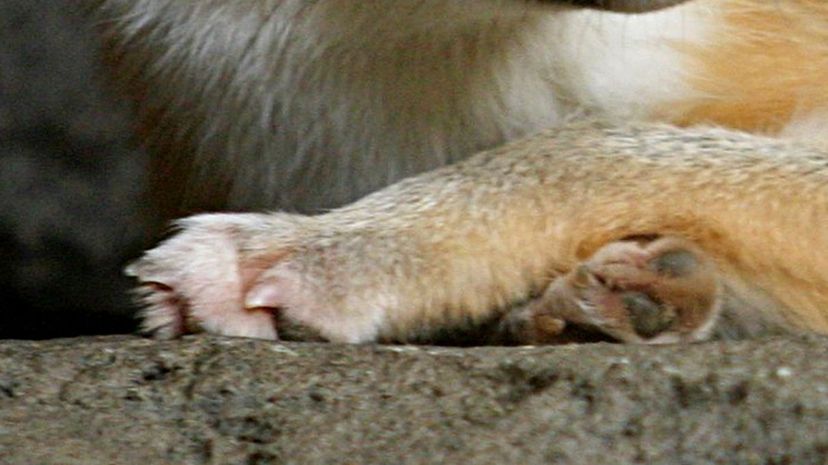
Once occupying a vast range across the western United States, the swift fox has been in steady decline due to human encroachment. These animals now occupy half of their historic range.
Advertisement

Porcupines have a range that stretches across the entire world, as they are found on every continent excluding Antarctica. The only species of porcupine found in the United States is the North American porcupine.
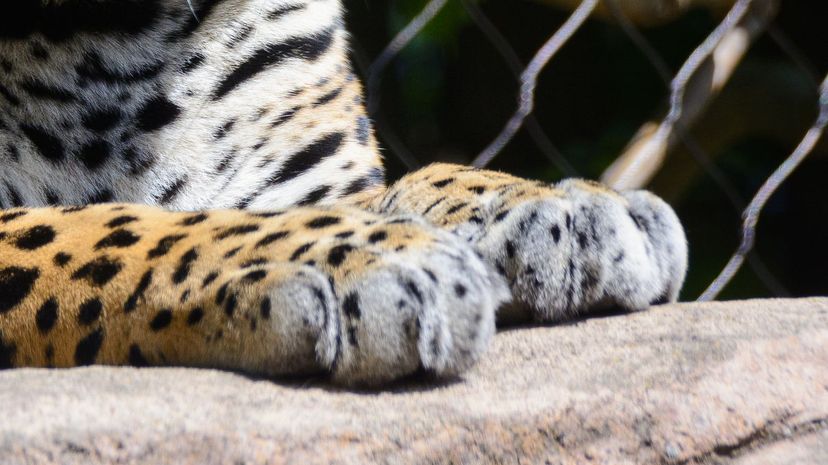
Where most cats prefer to avoid water, jaguars are well known for embracing it. They are skilled swimmers and even hunt for prey like fish and turtles in rivers and lakes across South America.
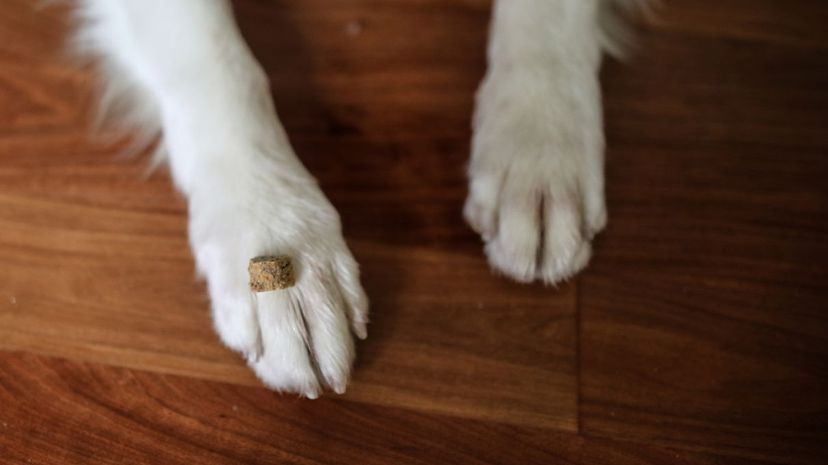
Though they carry the name, Australian shepherds are not actually from Australia. Most likely, these canines came from the Basque region of the Pyrenees Mountains, where they lived along the countryside.
Advertisement

Despite their poor eyesight, hamsters have a strong sense of smell, which allows them to navigate the wild in search of food. Their diets are quite diverse, consisting of seeds, fruits, vegetables and even insects.

Though polar bears appear to be white, their fur is actually translucent, with the white appearance coming from the reflection of light. Underneath their fur coat, they have black skin.
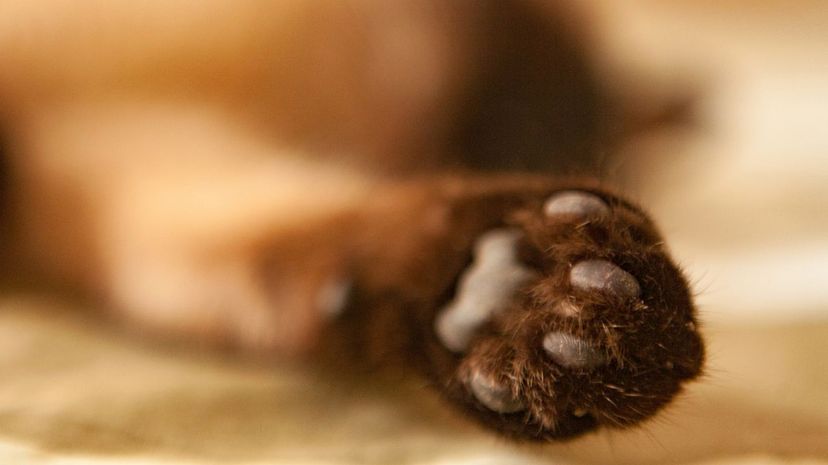
Though there's little evidence of how they got over here, Siamese cats were brought to America at the end of the 19th century. It's believed that around this time, President Rutherford B. Hayes was given one as a gift.
Advertisement

Though they are territorial animals who prefer to live in solitude, coyotes will form packs to hunt for prey. When this happens, they take turns chasing the prey until it tires and the entire pack can descend upon it.

It's pretty common to catch a squirrel cracking open an acorn with its front teeth. Something you might not know, however, is that those teeth never stop growing throughout the squirrel's life, which is why they must gnaw to keep them at the right length.

Ocelots get their name from the Aztecs, who referred to them as "tlalocelot." This word is roughly translated to field tiger. Though they carry this name, they are only distant relatives of tigers.
Advertisement
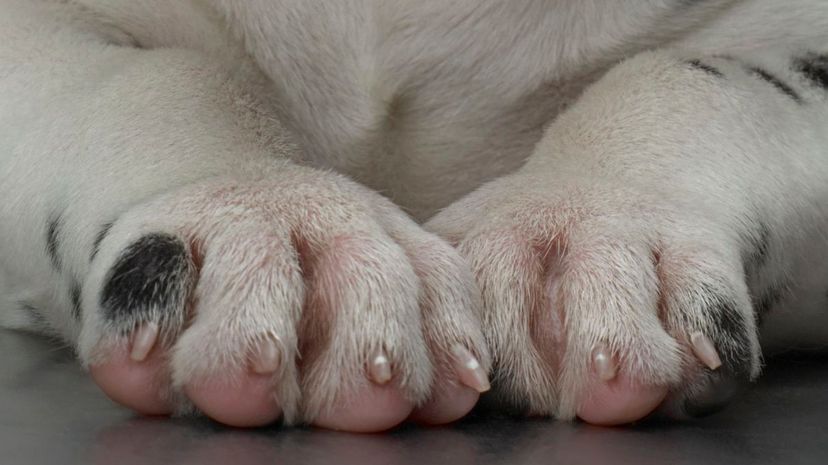
No one knows the true origin of the dalmatian, but there are a few theories out there. One of those theories relates to the ancient Egyptians, who painted spotted dogs running beside chariots on their tombs.
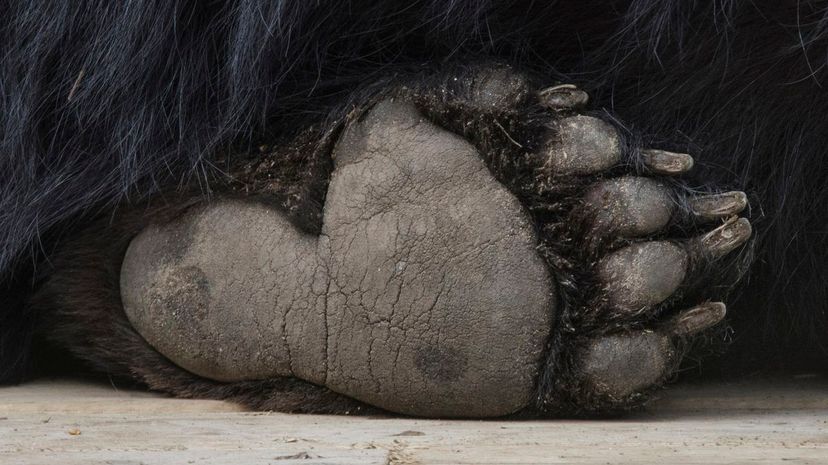
Black bears spend the summer months eating grasses, fruit, small mammals and fish. They use these nutrients to build up fat to store for the winter when they retreat to their dens until spring.
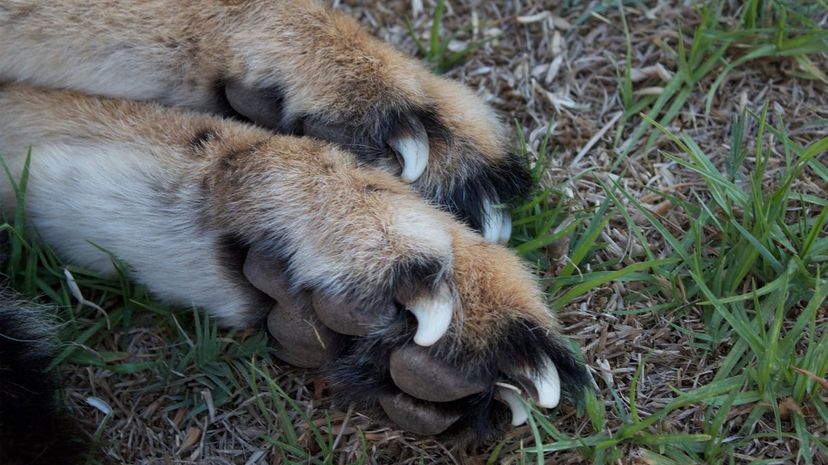
With the ability to reach extremely high speeds in only three seconds, cheetahs' bodies have evolved to match their speedy persona. For example, they have long legs and sharp claws that make gripping the ground much easier.
Advertisement

Arctic foxes have a white coat that's for more than just good looks. These animals live in the snowy conditions of the arctic, so the coat helps them blend into their icy surroundings.
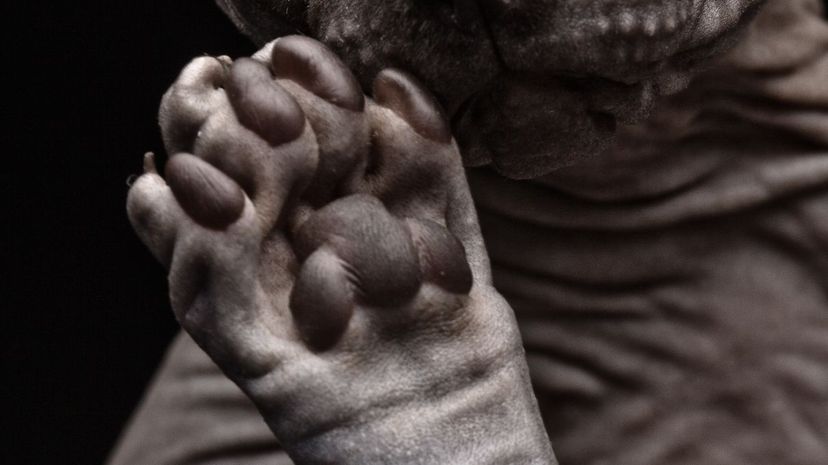
Even though there were reports of hairless cats throughout history, the modern Sphynx cat wasn't bred until 1960s in Canada. It's not the only hairless cat around, but it is the most common in North America.

Afghan hounds are very fast and can reach speeds up to 40 mph. The dog's incredible speed helped hunters in Afghanistan who used these canines while searching for food throughout the mountains and deserts of the country.
Advertisement
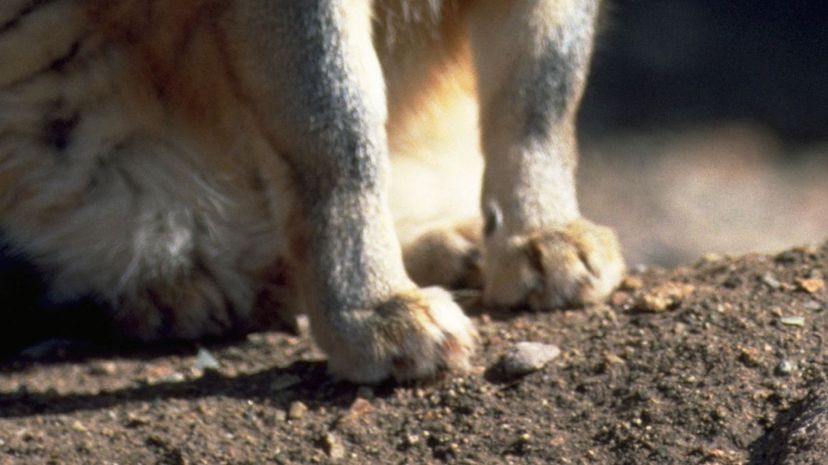
Unlike most members of the dog family, the gray fox will climb trees with their hooked claws. They will do this in search of food like squirrels and lizards, to flee from predators or to sleep.
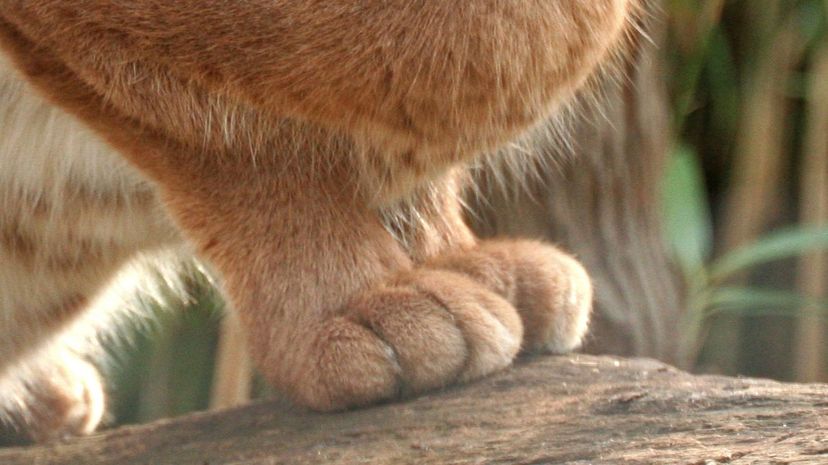
An animal that enjoys the drier areas of Africa and the Middle East, the caracal prefers to hunt at night where it seeks out animals like rodents and monkeys. It's not unheard of for them to hunt larger mammals like impala, though.
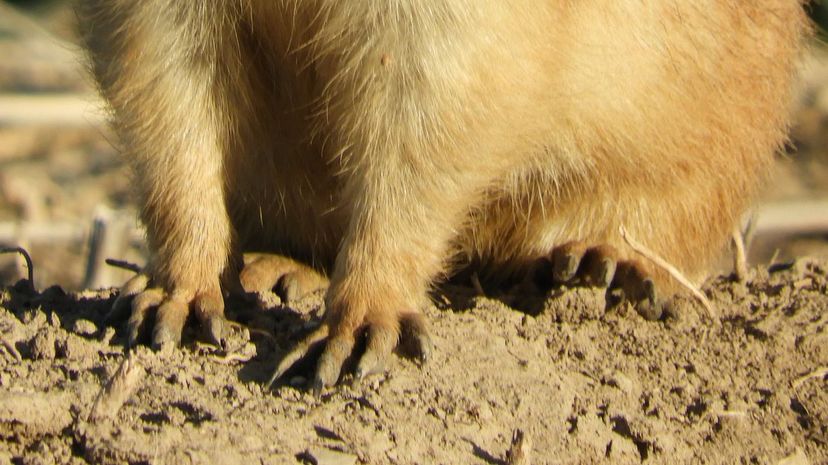
Prairie dogs live together in underground colonies for protection from predators in the grasslands like coyotes and hawks. Here, they have a tight-knit family life where they use an intricate language to communicate.
Advertisement
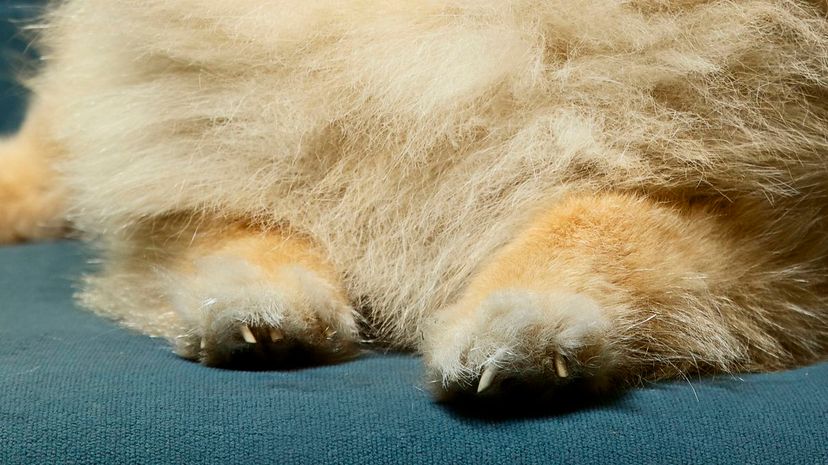
Though Pomeranians typically weigh no more than 10 pounds, these dogs are actually descendants of larger sled dogs. They used to weigh more but were bred down in size to be smaller and smaller.